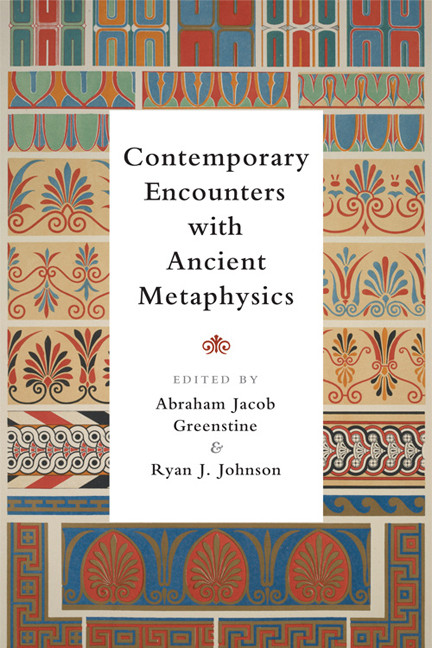17 - Plotinus’ “Reverse” Platonism: A Deleuzian Response to the Problem of Emanation Imagery
Summary
The concept of emanation is central to Plotinus’ ontology, appearing throughout the Enneads. It has, however, been historically difficult for modern interpreters to grasp, due to the often vague, metaphorical language with which Plotinus discusses it. As far back as 1937, A. H. Armstrong sums up the state of research by stating that “the difficulty is not so much to discover what Plotinus meant by ‘emanation’ […] The difficulty is to see what the precise philosophical meaning of this conception is.” Most scholars, he claims, acknowledge this difficulty but do not attempt any serious resolution of it. In the intervening decades, there have been surprisingly few attempts to address this problem directly. Lloyd Gerson has argued that Plotinus’ metaphysics is not truly emanationist at all, but is more accurately labeled “instrumental creationism,” the qualification “instrumental” being necessary to maintain the simplicity of the One – the ultimate source of all things – in Gerson's analysis. But even Gerson acknowledges that this description is only acceptable “if it is allowed that instrumental creationism is a legitimate species of creationism.” If not, “then Plotinus’ metaphysics is not accurately called creationist. But it is not emanationist either. I do not have a convenient label to offer for this alternative.” As we will see momentarily, there is good reason to doubt whether Plotinus’ metaphysics is emanationist in the usual sense of the word. Rather than attempting to stretch the notion of creationism or of emanationism far enough to accommodate the system presented in the Enneads, I would like to suggest a new context within which to understand it, namely the ontology of Gilles Deleuze. While this may at first seem like an arbitrary combination of two incompatible philosophers, I hope to show that there are certain aspects of Deleuze's ontology, such as its emphasis on difference, decentralization, and generativity, that make it effective as a tool for rethinking Plotinus’ system. While Deleuze's rejection of Platonism is clear from even the most cursory reading of his work, I believe his thought can nonetheless be fruitfully applied to those aspects of Plotinus’ system, such as emanation, which deviate from the thought of Plato.
Information
- Type
- Chapter
- Information
- Contemporary Encounters with Ancient Metaphysics , pp. 305 - 320Publisher: Edinburgh University PressPrint publication year: 2017
